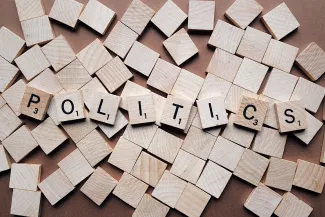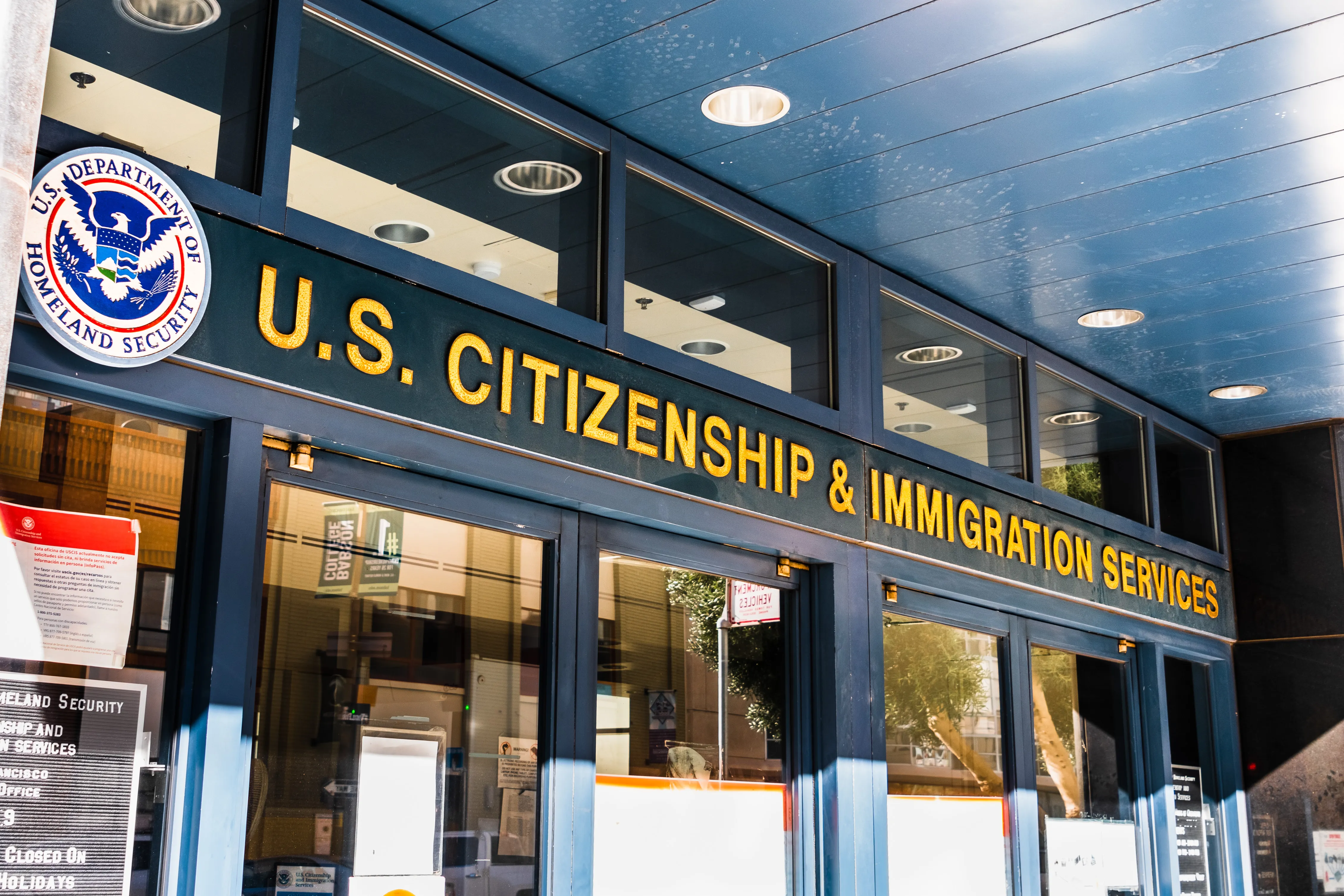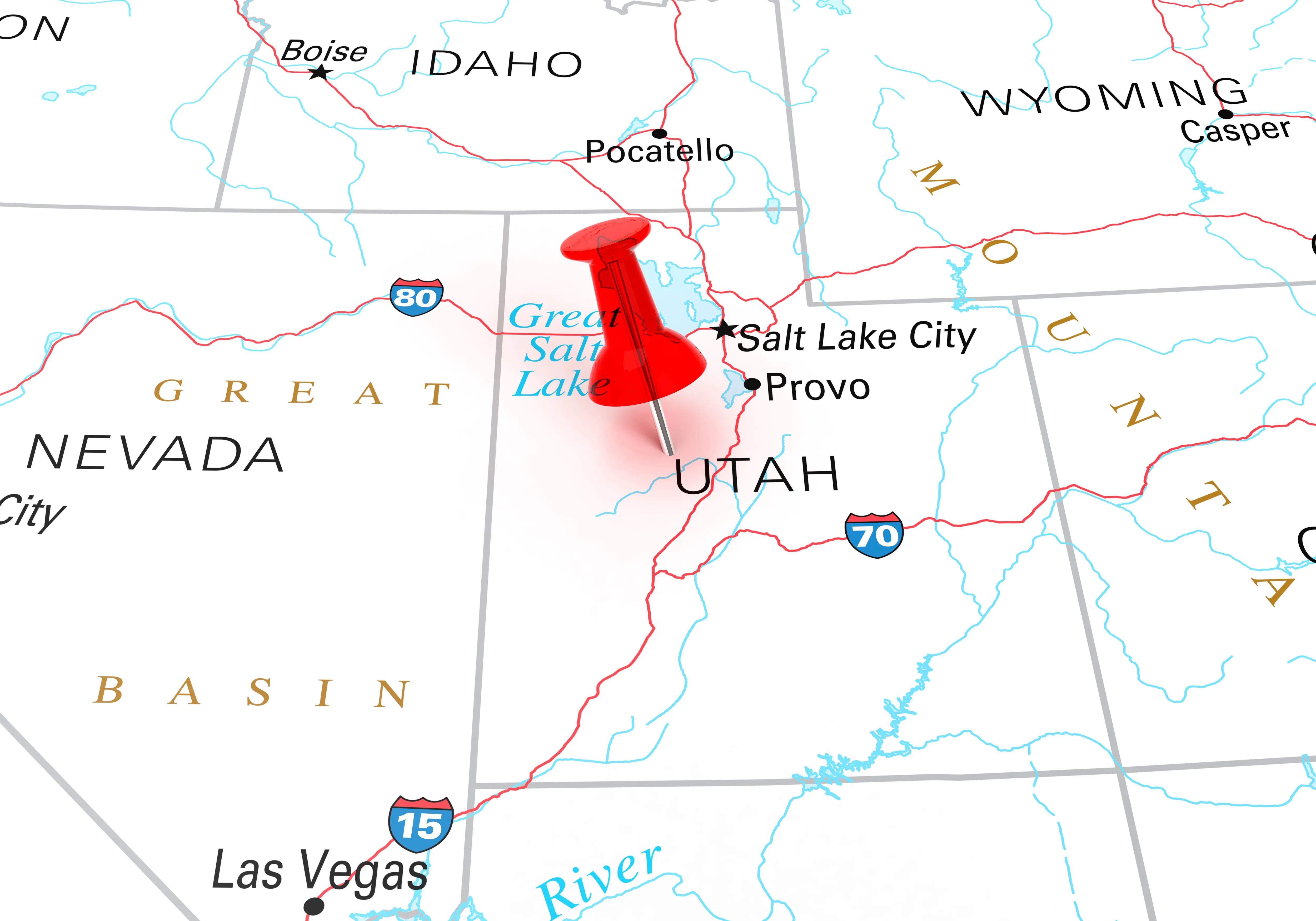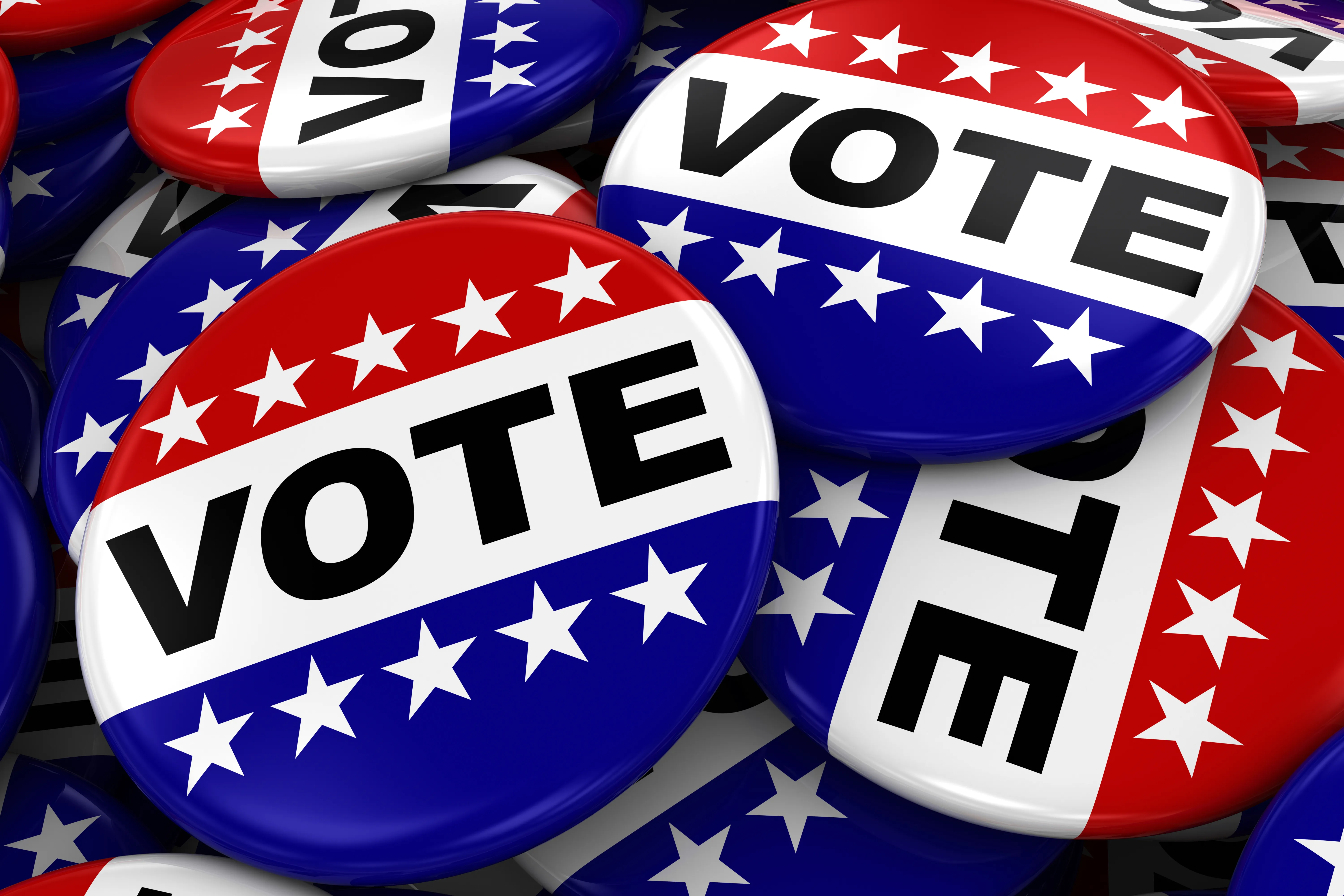
Political violence remains a concern post Election Day
© wildpixel - iStock-1393613016
Click play to listen to this article.
Conservative and traditionally "red" Utah is one of the states that helped elect former President Donald Trump last week but with Election Day behind us, there are rising concerns about the role political violence could play from now until Inauguration Day.
Robert Pape, professor of political science at the University of Chicago, said there has not been much activity, but warned it can change in an instant. He compared the country's polarized nature to prime wildfire conditions which do not require much to ignite.

"Folks like me can scientifically measure the size of the dry, combustible material that can be touched off," Pape explained. "But the triggers -- the lighting strikes, the cigar butts thrown out the window, camp fires left unattended -- the triggers are always unpredictable."
Pape pointed out just last week, U.S. federal investigators revealed another assassination attempt on Trump with ties to Iran. He commended President Joe Biden and Vice President Kamala Harris for advocating for peace and rejecting the inflammatory political rhetoric but added talks of a resistance march ahead of Inauguration Day in Washington D.C. have already started to take place and are sparking concerns.
The Trump campaign claimed it had nothing to do with racist texts sent to Black and Latino people across the nation following last week's election. Pape noted while they could be considered a form of political violence, they are not what he called "good triggers."
"We see a lot of material like that and it does ebb and flow," Pape observed. "But the kind of triggers that really matter here are like for example Donald Trump served as a key trigger multiple, multiple times before January 6th and then on January 6th itself."
The Federal Communications Commission's enforcement bureau is investigating the text messages and said in a statement "the message are unacceptable" and they "take this type of targeting very seriously."
Support for this reporting was provided by The Carnegie Corporation of New York.
















